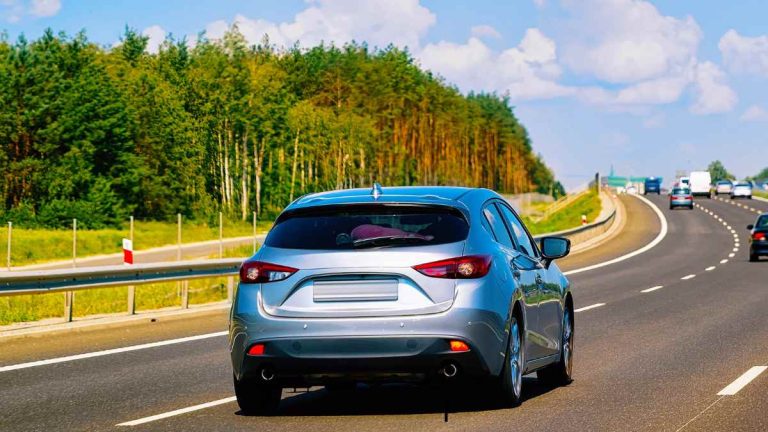In the 1970s and 1980s, cars rarely lasted beyond a decade before rust or mechanical failure rendered them useless. Fast forward to today, and vehicle durability has vastly improved, with many cars on Irish roads running smoothly for 20 years or more. While this is economical for consumers and waste reduction, it presents a challenge for reducing carbon emissions.
A large proportion of the 100,000 new petrol and diesel cars purchased annually in Ireland will still be in use by 2040, continuously emitting greenhouse gases. Additionally, most second-hand imports into Ireland are also fossil-fuel-powered, locking the country into high road transport emissions for at least another decade. This makes it nearly impossible for Ireland to achieve its ambitious 2030 and 2035 emissions reduction targets.
The Challenge of Fossil Fuel Car Imports
Once petrol and diesel vehicles are purchased, there are limited options to curb emissions. One approach would be to implement a scrappage scheme, but this would be both costly and wasteful, considering the carbon footprint already generated in their production. A more sustainable and cost-effective strategy would be to increase electric vehicle (EV) adoption significantly.
While EVs offer lower long-term costs for drivers, they still make up a small portion of car sales in Ireland and across the EU. Regulatory changes introduced in 2020 by the EU have encouraged car manufacturers to sell more EVs by imposing strict emission limits. Companies exceeding these limits face substantial fines, which in turn forces them to sell EVs at lower margins while increasing prices on fossil fuel cars. This indirect “tax” on traditional vehicles helps subsidise EV sales, but the impact has been limited.
The Roadblocks to EV Adoption
Despite regulatory incentives, EV sales have stagnated. Multiple factors, including range anxiety, inadequate charging infrastructure, and concerns over battery longevity, may be discouraging buyers. Understanding and addressing these concerns is crucial for developing policies that encourage EV adoption.
One successful initiative has been the subsidy programme for taxi drivers purchasing EVs. Many taxi drivers have praised the cost savings from switching to electric, serving as real-world advocates for the benefits of EV ownership. Expanding such schemes to a broader audience could further drive adoption.
A Targeted Solution: Taxing Second-hand Petrol Cars, Subsidising EVs
Ireland imports a significant number of second-hand vehicles, primarily from the UK, which are not covered under the EU’s regulatory framework. To boost EV ownership, the Irish government should consider imposing taxes on second-hand fossil fuel car imports and using the revenue to subsidise second-hand EVs.
This dual approach would make petrol and diesel cars less attractive while making EVs more affordable for consumers, accelerating Ireland’s transition to cleaner transport. If the government is serious about cutting emissions and meeting climate targets, a well-structured second-hand EV subsidy is an essential step forward.


